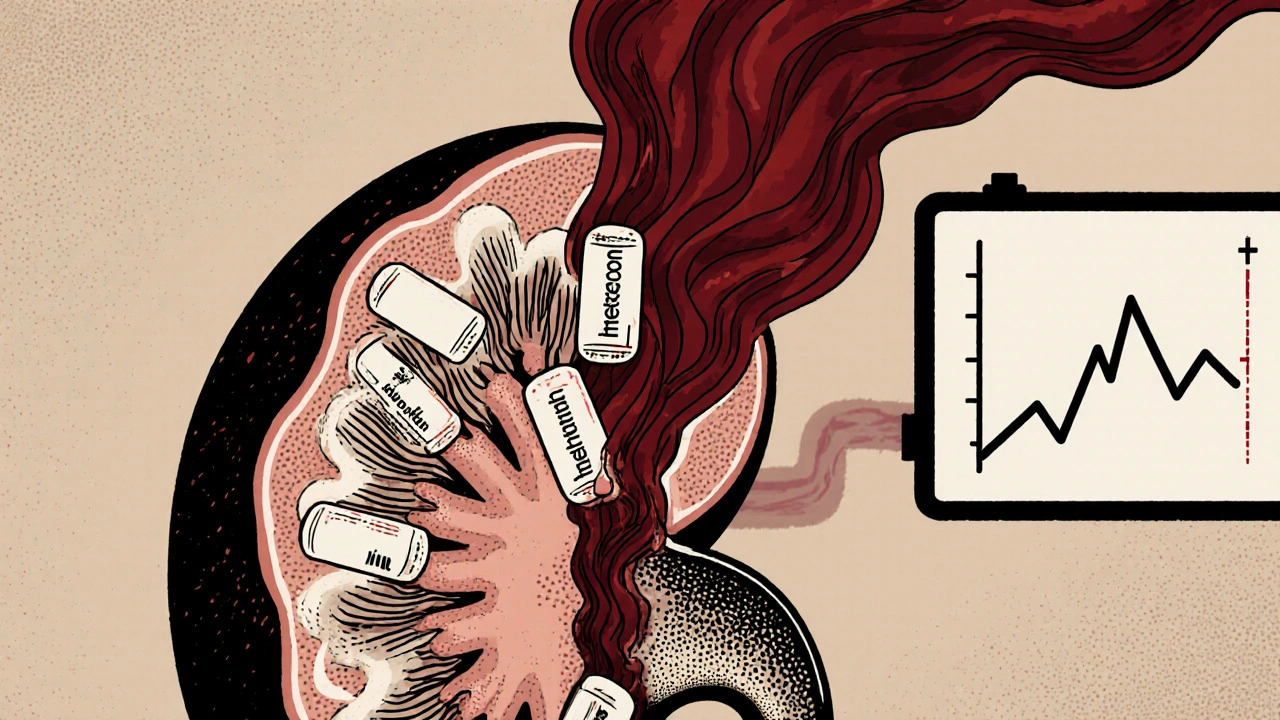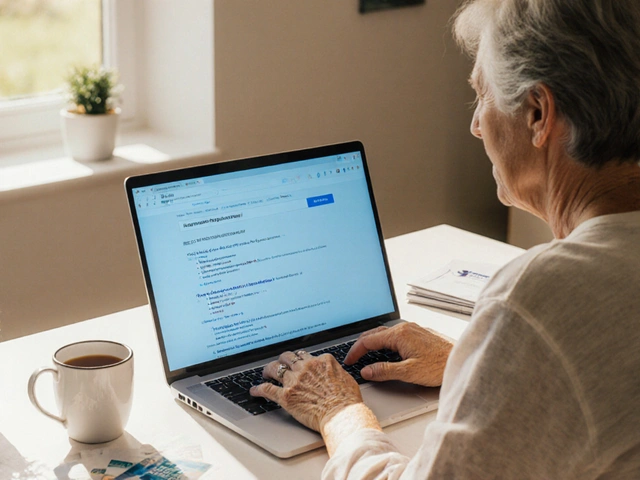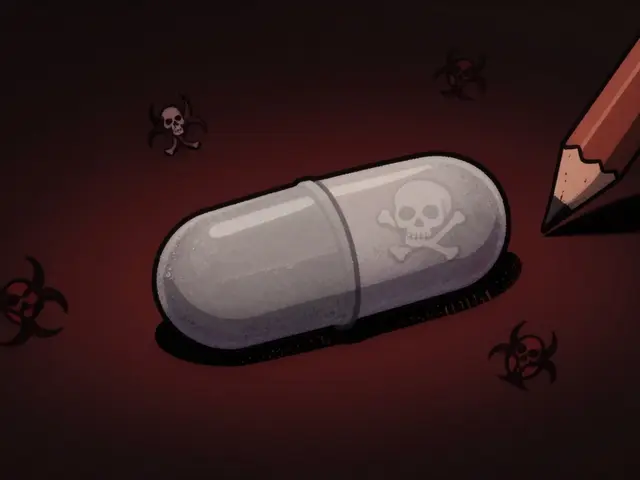Kidney Disease: Causes, Risks, and Medications That Affect Your Kidneys
When your kidney disease, a condition where the kidneys lose their ability to filter waste and excess fluids from the blood. Also known as chronic kidney disease, it often sneaks up without warning symptoms until it’s advanced. Your kidneys don’t just make urine—they balance your blood pressure, regulate electrolytes, and activate vitamin D. If they start failing, everything else in your body feels it. Many people don’t realize they have kidney disease until they’re already at stage 3 or 4. That’s because early signs—fatigue, swollen ankles, trouble sleeping—are easy to blame on stress, aging, or lack of sleep.
What makes kidney disease tricky is how many everyday drugs can hurt your kidneys over time. Statins, cholesterol-lowering pills like rosuvastatin and simvastatin, while great for your heart, can raise your risk of muscle damage that spills toxins into your blood and strains your kidneys. Proton pump inhibitors, like omeprazole, used for heartburn, have been linked to chronic kidney injury after long-term use. Even common painkillers like ibuprofen or naproxen, if taken daily, can reduce blood flow to your kidneys and cause damage. And if you’re on diuretics for high blood pressure or heart failure, your kidneys are working overtime to keep up. These aren’t scare tactics—they’re documented risks backed by clinical studies.
People with diabetes or high blood pressure are at the highest risk—those two conditions cause nearly 7 out of 10 cases of kidney failure. But even if you’re healthy, your habits matter. Dehydration, excessive salt, too much protein, or skipping checkups can slowly wear down your kidney function. The good news? Catching it early means you can slow or even stop the damage. Regular blood tests for creatinine and eGFR, urine checks for protein, and keeping your numbers in range can make a huge difference.
Below, you’ll find real-world guides on how medications you’re already taking might be affecting your kidneys, what to watch for, and how to talk to your doctor before something serious happens. From statins to painkillers, from diet tips to drug interactions, these posts give you the facts without the fluff. You don’t need to be a doctor to protect your kidneys—you just need to know what questions to ask.

Hyponatremia and hypernatremia are common and dangerous sodium imbalances in kidney disease. Learn how they develop, why they’re risky, and how to manage them safely without causing brain damage.
Continue Reading

Kidney disease slows drug clearance, causing dangerous buildup. NSAIDs, sulfonylureas, and anticoagulants can turn toxic without proper dosing. Learn which meds are risky and how to stay safe.
Continue Reading





